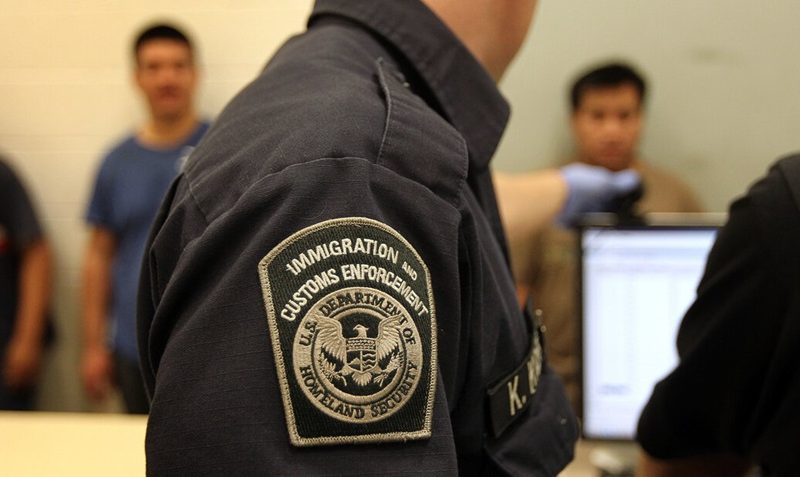Salem, OR – As President-Elect Donald Trump prepares to take office and implement his immigration agenda, including the mass deportation of undocumented immigrants, law enforcement agencies in the Salem area have made a firm declaration: they will not enforce federal immigration laws unless directly instructed by federal authorities.
The stance taken by these local agencies comes as part of a broader trend in which municipalities across the United States have resisted involvement in federal immigration enforcement. In the case of Salem, both the Salem Police Department and the Marion County Sheriff’s Office have stated they will not independently cooperate with Immigration and Customs Enforcement (ICE) unless a specific federal directive requires them to do so.
“We are committed to serving and protecting all members of our community, regardless of their immigration status,” said a spokesperson for the Salem Police Department. “Our focus remains on local law enforcement priorities, and we will not act as an extension of federal immigration authorities.”
This decision is a direct response to Trump’s promises of aggressively targeting and deporting millions of undocumented immigrants, a policy that critics warn could tear apart families and create distrust between immigrant communities and local law enforcement. Under Trump’s plan, individuals who are living in the country illegally, including those with no criminal records, could be subject to deportation.
Local law enforcement’s reluctance to participate in these efforts is in line with what is known as “sanctuary policies,” a term used to describe jurisdictions that limit cooperation with federal immigration enforcement. Advocates for these policies argue that keeping immigrant communities engaged with local police and public services is crucial to ensuring public safety and fostering trust between law enforcement and vulnerable populations.
In Salem, the decision has been welcomed by some, including immigrant rights groups, who argue that involvement in federal deportation efforts could lead to racial profiling and discourage crime reporting among immigrant populations.
“Immigrant communities need to feel safe in order to help law enforcement solve crimes,” said Maria Gonzalez, a local immigrant rights advocate. “If people fear deportation every time they speak with the police, it will only harm the community and make it harder for everyone to stay safe.”
However, the move is not without its critics. Some have voiced concerns that the stance taken by Salem’s law enforcement could undermine efforts to enforce federal immigration laws, particularly in the wake of Trump’s promise to focus on deporting individuals with criminal histories. Trump’s administration is expected to push for a more aggressive approach to immigration enforcement, including increasing the number of ICE agents and expanding detention facilities.
Despite the growing tension surrounding immigration policy, Salem-area officials remain resolute in their position, emphasizing that their priority is public safety, not the enforcement of federal immigration laws.
“We will continue to work closely with federal agencies on criminal investigations, but we are not an arm of ICE,” said a spokesperson for the Marion County Sheriff’s Office. “Our role is to keep our communities safe, not to enforce federal immigration mandates.”
As Trump’s administration begins its transition into office, the future of local and federal cooperation on immigration issues remains uncertain. The conflict between federal immigration policies and local law enforcement autonomy is likely to be a key area of contention throughout the coming years.











